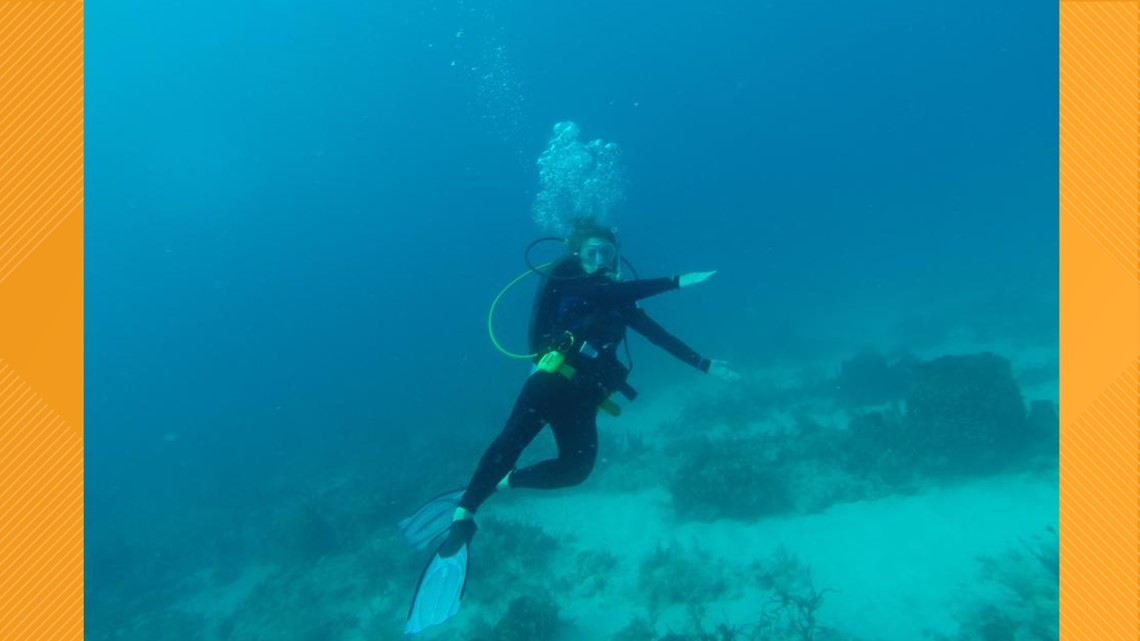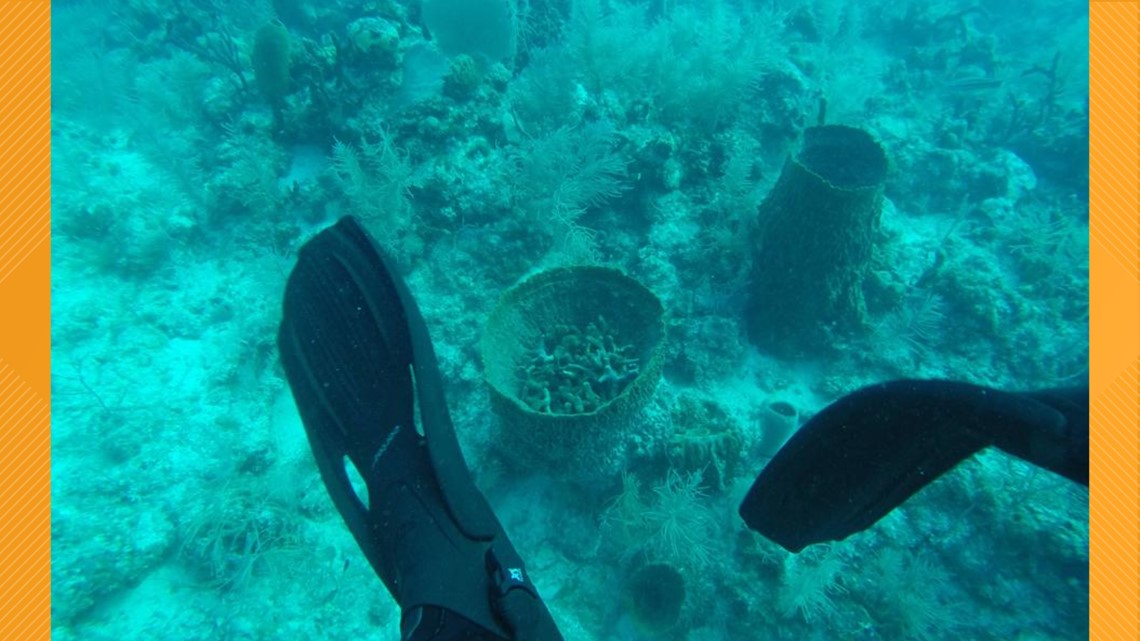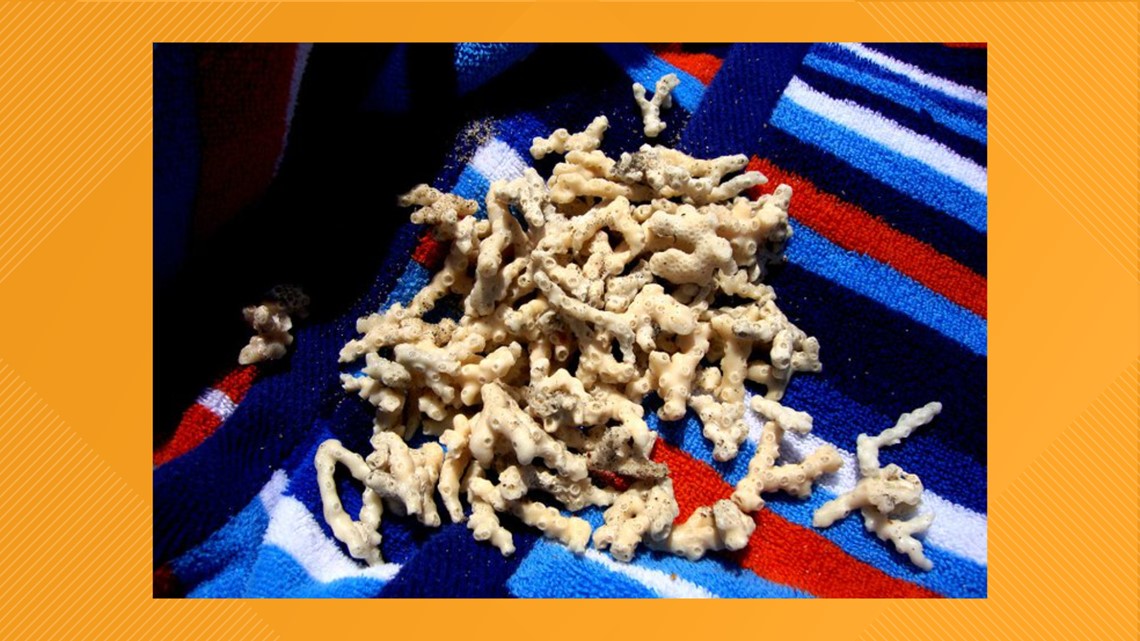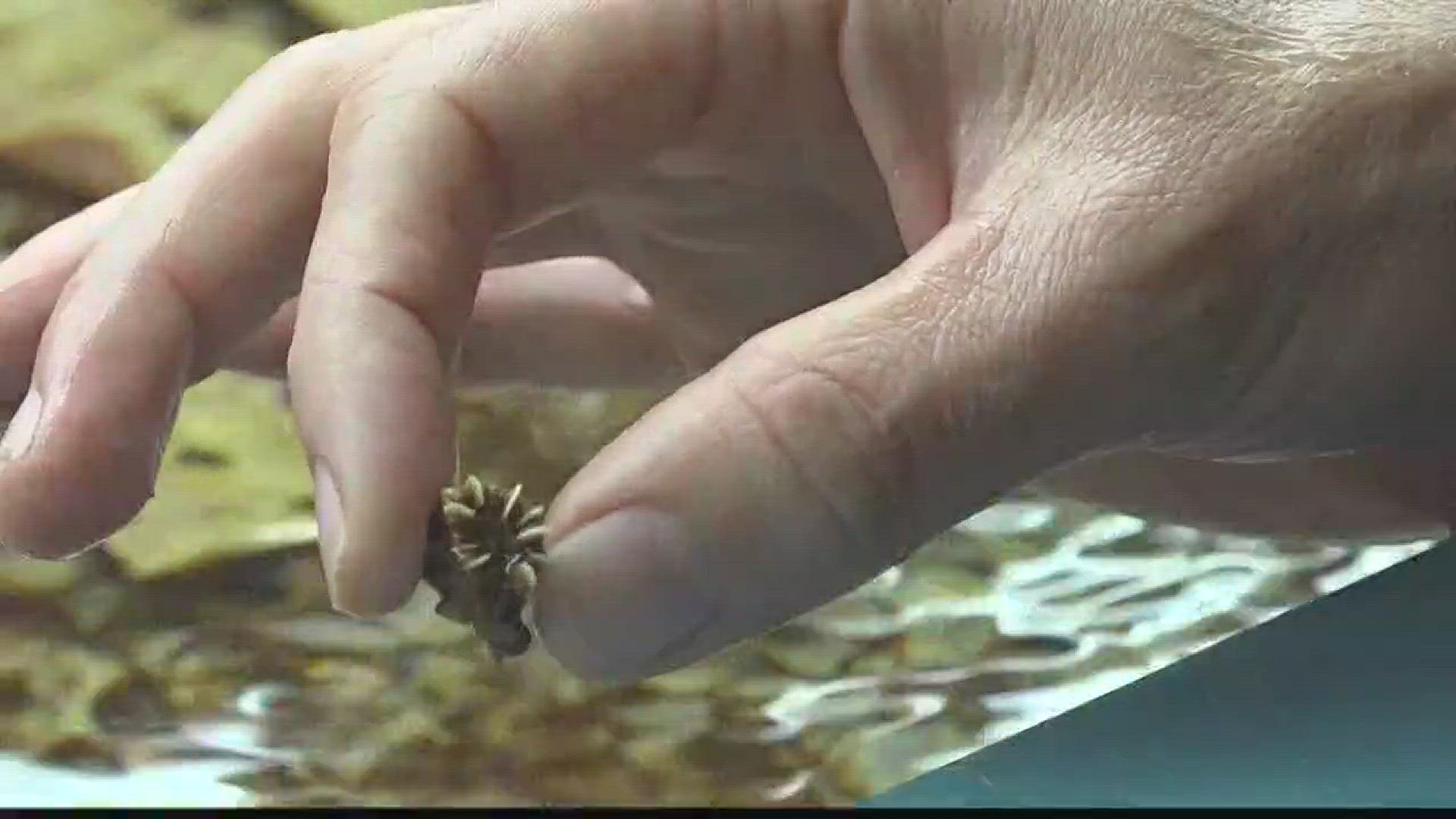JACKSONVILLE, Fla. — "This is very far from normal." That's how one climatology expert Brian McNoldy described the warmer-than-normal sea surface temperatures surrounding the state of Florida and beyond.
He and many others in the field are concerned for the health of Florida's coral reefs with the persistent rise in ocean temperatures year after year. Case in point, data released Tuesday shows the water temperature in much of the Florida Keys is ranging from 95 to 97 degrees Fahrenheit in recent afternoons. That's about five to seven degrees above average.
When the water is too warm, corals are more subject to mortality. These delicate organisms thrive and grow optimally in water temperatures between 73 and 84 degrees Fahrenheit, but some can tolerate temperatures as high as 104 degrees Fahrenheit for short periods, according to NOAA.
The threat for coral reefs stretches into the Caribbean Sea as well.
The Coral Reef Watch is a branch of NOAA that uses satellites and models to observe, predict, and report about the coral reef environment globally. They issue watches for bleaching, which is when coral turns completely white because of stress.

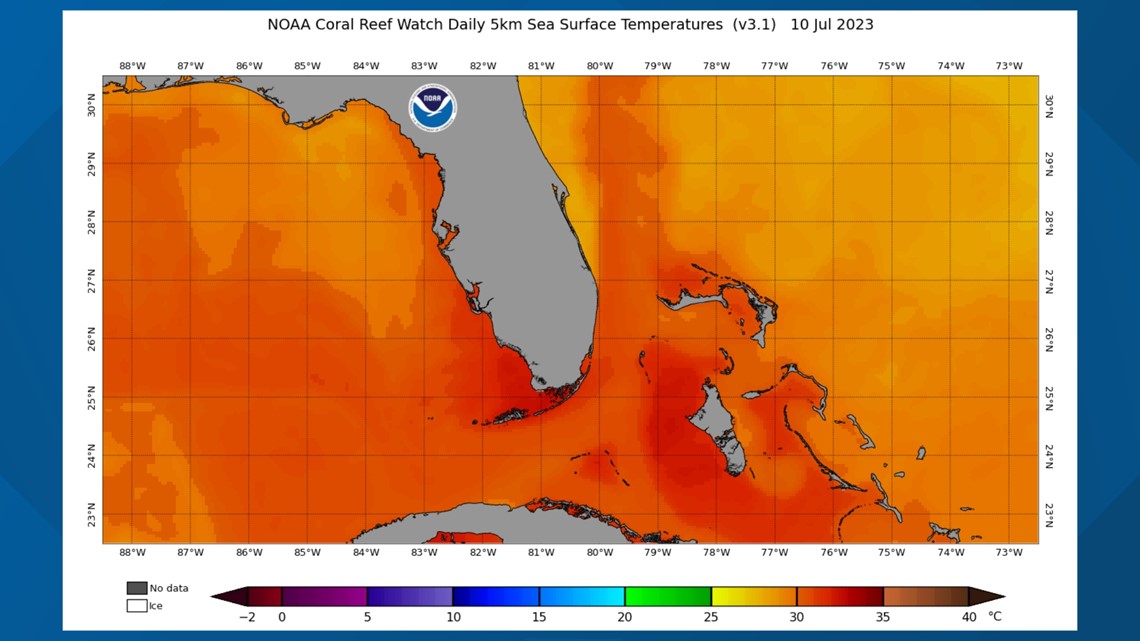
First Coast News, On Your Side Meteorologist Lauren Rautenkranz grew up in Florida and enjoys anything that has to do with the ocean, including scuba diving. She took SCUBA courses when she attended the University of Florida, which consisted of trips to Florida's springs and the Florida Key's reefs.
"Coral reefs are the lifeblood of our oceans," Rautenkranz said, "and it's scary to think how our warming climate is impacting them, but I can only have hope that we learn from what we know now to make it better for future generations."
This topic of conversation is not new. "Bleaching from a warming ocean is now considered one of the biggest threats to the continued existence of coral reefs," a study from 2015 stated.
What's also concerning is how much earlier this heating is occurring in the summer, well before peak heating would normally occur in a given calendar year.
"The carbon dioxide we are pumping into our ecosystem is both cooking and poisoning our reefs by making our oceans warmer and conditions too acidic," Chief Meteorologist Tim Deegan added when discussing the health of Florida's coral reefs with Meteorologist Lauren Rautenkranz.
"Horrific" is how one coral reef expert described the bleaching forecast for the Caribbean this summer.
NOAA research suggests half of the world's oceans may experience marine heatwave conditions by September.
There is a lot of other research being done on how we can preserve and protect our coral reefs, and oceans as a whole, so keep the hope alive! Education is key.

